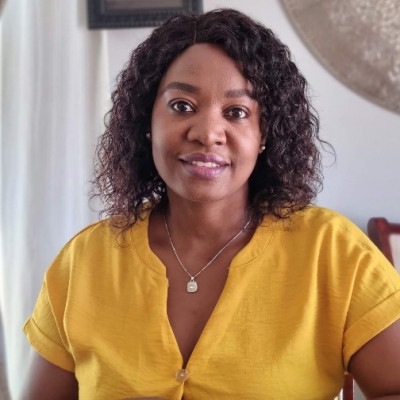Younger learners Teachers, Curricula and Classrooms Presentation
Teacher reflections on implementing an ER program during Covid-19
Teaching reading is a complex act, and is made more challenging if the teaching environment is very complicated as it was in many contexts during the Covid-19 pandemic. This unfavorable context required teachers to engage in regular reflections to make critical decisions about how to respond to the pandemic and its regulations so as to improve their practice. Post pandemic, the current study captures the reflections of two Foundation Phase teachers on implementing an extensive reading program with 40 learners aged between 7-10 years old. The reading program was implemented during COVID-19 lockdown in a township in South Africa. This qualitative, interpretative study used data generation methods of self-reflective journals and focus group discussions to document experiences of the two teachers. Analysis of the reflections show that COVID-19 regulations negatively impacted the successful implementation of the program. However, teachers were overwhelmingly positive about the benefits of implementing the program during this time, as they became reflexive and reflective in their practice. Findings imply that challenges in implementation should not be regarded as obstacles of weakness but as new opportunities of knowledge. Recommendations for implementing reading program post COVID - 19 are provided based on the data collected.
-

Dr Sibhekinkosi Anna Nkomo is a lecturer in the Foundation Phase Division in the School of Education, University of the Witwatersrand, South Africa. She is an early literacy specialist and an advocate of quality education, particularly with respect to children in disadvantaged communities as a way of addressing the existing educational inequalities through implementing reading interventions. Her research interests broadly include literacy, emergent literacy development in third spaces, bi/multilingual education, multiculturalism, multi-literacies and multi-modality, as she views language and literacy as a social practice. She has published several research articles, book chapters and research reports in these research areas.